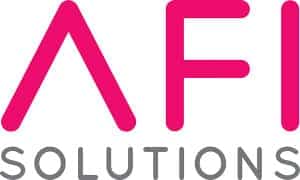
AFI Solutions Ltd.
AFI Solutions GmbH is a leading solution provider for the digitalization and optimization of document processes around SAP.
AFI Solutions is a leading solution provider for the digitization and optimization of document processes around SAP. Its solutions cover the entire purchase-to-pay and order-to-cash process.
AFI's full service begins with consulting and continues through design and implementation to product training and a hotline service.
With locations in Hamburg, Cologne, Munich and Stuttgart, AFI serves more than 800 satisfied customers with approximately 200,000 users worldwide.